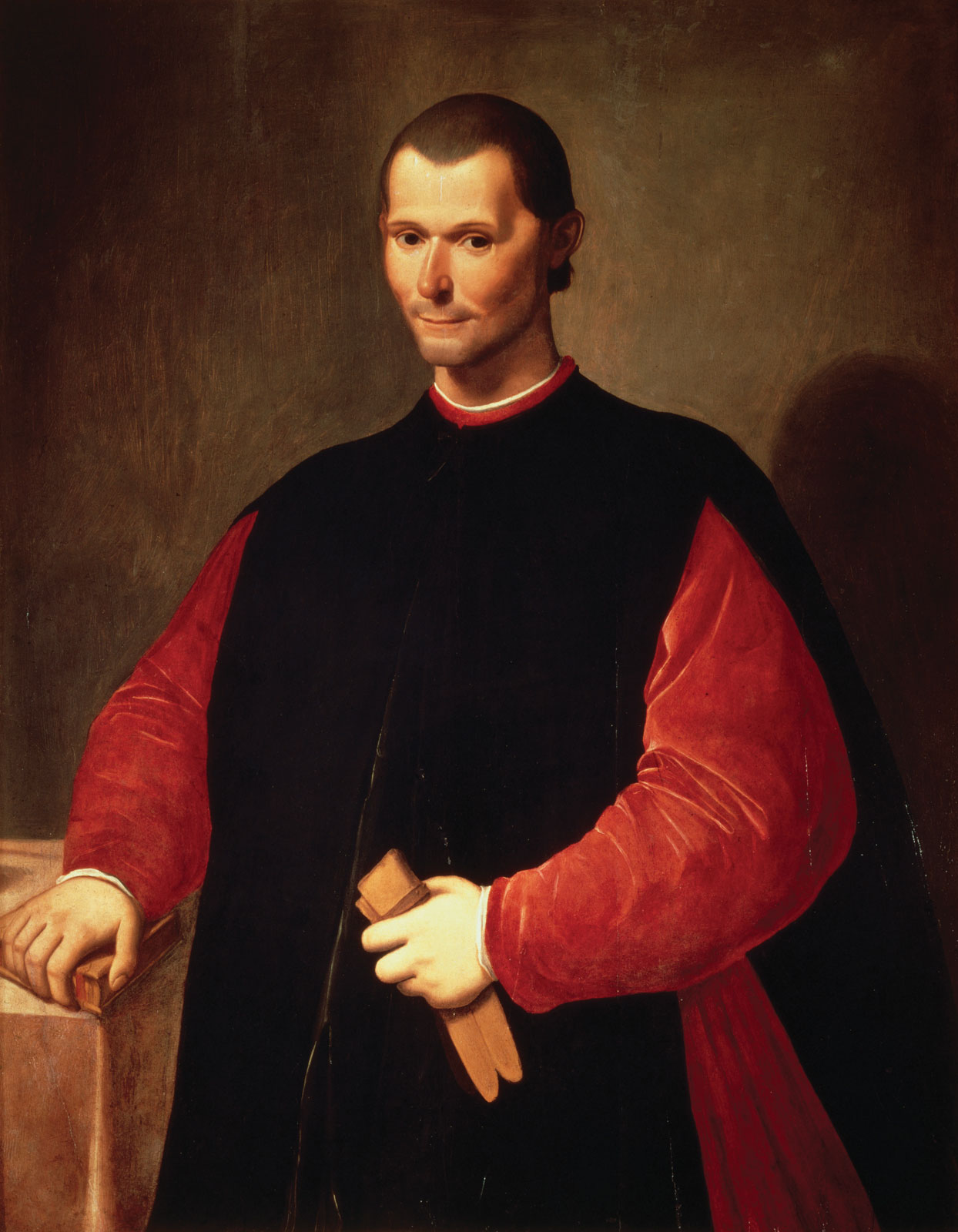Machiavellian intelligence on:
[Wikipedia]
[Google]
[Amazon]
 In
In
The social function of the intellect
In P. P. G. Bateson & R. A. Hinde (eds.). Growing points in ethology. Cambridge: Cambridge University Press *Byrne, R. W., & Whiten, A. (1988). Machiavellian intelligence. Oxford:
 In
In primatology
Primatology is the scientific study of primates. It is a diverse discipline at the boundary between mammalogy and anthropology, and researchers can be found in academic departments of anatomy, anthropology, biology, medicine, psychology, vete ...
, machiavellian intelligence is the capacity of an organism to be in a successful political
Politics (from , ) is the set of activities that are associated with making decisions in groups, or other forms of power relations among individuals, such as the distribution of resources or status. The branch of social science that stud ...
engagement with social group
In the social sciences, a social group can be defined as two or more people who interact with one another, share similar characteristics, and collectively have a sense of unity. Regardless, social groups come in a myriad of sizes and varieties ...
s. The first introduction of this concept came from Frans de Waal
Franciscus Bernardus Maria "Frans" de Waal (born October 29, 1948) is a Dutch primatologist and ethologist. He is the Charles Howard Candler Professor of Primate Behavior in the Department of Psychology at Emory University in Atlanta, Georgia, ...
's book ''Chimpanzee Politics'' (1982), which described social maneuvering while explicitly quoting Machiavelli.
This hypothesis posits that large brains and distinctive cognitive abilities of humans have evolved via intense social competition in which social competitors developed increasingly sophisticated “Machiavellian” strategies as a means to achieve higher social and reproductive success.
Behaviors of organisms
Machiavellian intelligence may be demonstrated by primate behaviors including: * Blaming and forgiveness; *Lying
A lie is an assertion that is believed to be false, typically used with the purpose of deception, deceiving or Deception, misleading someone. The practice of communicating lies is called lying. A person who communicates a lie may be termed a l ...
and truth-telling;
*Making and breaking alliances;
*Making and breaking promises;
*Making and breaking rules
*Misleading
Deception or falsehood is an act or statement that misleads, hides the truth, or promotes a belief, concept, or idea that is not true. It is often done for personal gain or advantage. Deception can involve dissimulation, propaganda and sleight o ...
and misdirection.
Criticisms
Food and nutrient factors
The claim that large brains are linked to large social groups inprimate
Primates are a diverse order of mammals. They are divided into the strepsirrhines, which include the lemurs, galagos, and lorisids, and the haplorhines, which include the tarsiers and the simians ( monkeys and apes, the latter including ...
s and cetaceans, on which the Machiavellian intelligence hypothesis is based, is criticized by a number of researchers for overlooking the availability of food as a common limiting factor for brain size and social group size. Among primates as well as cetaceans, there are some opportunistic species that eat most types of food and other species that are specialised in particular types of food, as well as differences in the overall availability of food between different geographical regions in which the animals live. Some critics of Machiavellian intelligence argue that species that have to keep their use of nutrients down due to food poverty or specialisation in a rare type of food lowers average brain size for species that live in smaller groups, making big brains falsely appear to be linked to large groups due to the common causes of opportunistic foraging for nutritious food and a rich supply of food. These critics also cite that the "exceptions" in the form of small-brained primates in very large groups typically eat abundant but nutrient-poor foods (such as gelada
The gelada (''Theropithecus gelada'', am, ጭላዳ, translit=č̣əlada), sometimes called the bleeding-heart monkey or the gelada baboon, is a species of Old World monkey found only in the Ethiopian Highlands, living at elevations of above se ...
s that eat grass), as predicted by the food-based model, and argue that the higher individual need for nutrients put on by large brains causes groups to become smaller if the species have the same degree of digestive specialisation and environmental availability of food.
History
The term refers to the hypothesis that the techniques which lead to certain kinds of political success within largesocial group
In the social sciences, a social group can be defined as two or more people who interact with one another, share similar characteristics, and collectively have a sense of unity. Regardless, social groups come in a myriad of sizes and varieties ...
s are also applicable within smaller groups, including the family-unit. The term "everyday politics" was later introduced in reference to these various methods. These arguments are based on research by primatologists such as Nicholas Humphrey (1975).
See also
* Game theory * Machiavellianism (psychology) *Iterated prisoner's dilemma
The Prisoner's Dilemma is an example of a game analyzed in game theory. It is also a thought experiment that challenges two completely rational agents to a dilemma: cooperate with their partner for mutual reward, or betray their partner ("def ...
References
{{ReflistFurther reading
*Carlson, N.R., et al. (2007). Psychology: The Science of Behaviour - 4th Canadian ed.. Toronto, ON: Neil R. Carlson. * Humphrey, N. K. (1976).The social function of the intellect
In P. P. G. Bateson & R. A. Hinde (eds.). Growing points in ethology. Cambridge: Cambridge University Press *Byrne, R. W., & Whiten, A. (1988). Machiavellian intelligence. Oxford:
Oxford University Press
Oxford University Press (OUP) is the university press of the University of Oxford. It is the largest university press in the world, and its printing history dates back to the 1480s. Having been officially granted the legal right to print books ...
Cognitive science
Ethology
Machiavellianism